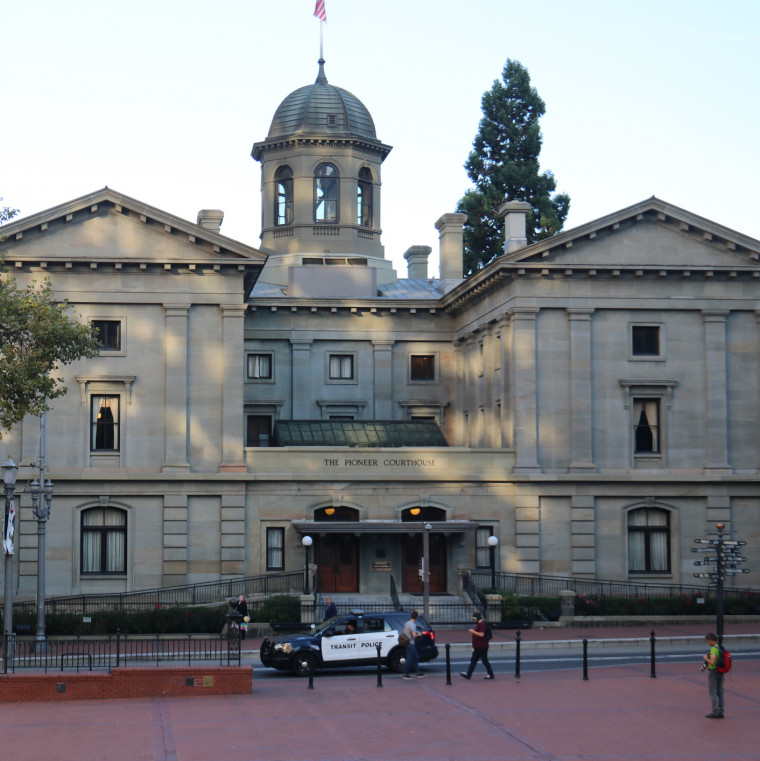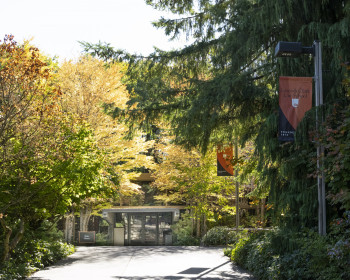Criminal Justice Reform Clinic Files Amicus Brief in Ninth Circuit
Open gallery

The Criminal Justice Reform Clinic (CJRC) at Lewis & Clark Law School recently filed a joint amicus brief in the Ninth Circuit Court of Appeals, in support of an Oregon Law Center lawsuit. The Metropolitan Public Defender’s (MPD) Community Law Division, which partners with CJRC on the Barrier Reduction Project, joined CJRC in submitting the brief.
The Oregon Law Center’s lawsuit challenges Oregon laws that suspend a driver’s license because of unpaid traffic fines. The lawsuit states that these laws unfairly target underprivileged people. The case was dismissed and Oregon Law Center appealed to the Ninth Circuit. CJRC wrote an amicus brief with MPD about the experiences of the Community Law Division’s clients with this issue.
“The brief gave us an opportunity to provide information to the Ninth Circuit about how these laws really work in Oregon and how they affect our clients’ lives – keeping them in debt, making it impossible for people to get to work, get their kids to school, go to doctors’ appointments. These laws keep the cycle of poverty intact,” stated Lewis & Clark Law professor and CJRC director, Aliza Kaplan.
Taylor Rose, a 2L student at Lewis & Clark Law School, is currently enrolled with CJRC and had the chance to work on the amicus brief during her summer internship at MPD and now through her work with CJRC. “I was assigned a section of the amicus brief and worked with Community Law Division staff attorney and adjunct professor with CJRC, Nikki Thompson, to find research supporting our legal arguments in the brief. The overall experience of working on this was surreal. I never imagined that in the summer after my first year of law school I would have the opportunity to work so closely with such qualified individuals on projects as important as this brief. The thought of my work being integrated into something that will be seen by the Ninth Circuit is hard to believe,” Taylor stated.
CJRC’s Barrier Reduction Project works with, and is connected with, MPD’s Community Law Division. The Project provides wraparound civil legal services for people who are at high-risk for entry into the criminal justice system. Clinical students represent individual clients in municipal and circuit courts on expungements, waiving fines/fees, and reducing felonies to misdemeanors, among other civil legal services to reduce the barriers that keep clients in poverty.
Law Communications is located in room 304 of Legal Research Center (LRC) on the law Campus.
MSC: 51
email jasbury@lclark.edu
voice 503-768-6605
Cell: 626-676-7923
Assistant Dean,
Communications and External Relations, Law School
Judy Asbury
Law Communications
Lewis & Clark Law School
10101 S. Terwilliger Boulevard MSC 51
Portland OR 97219

